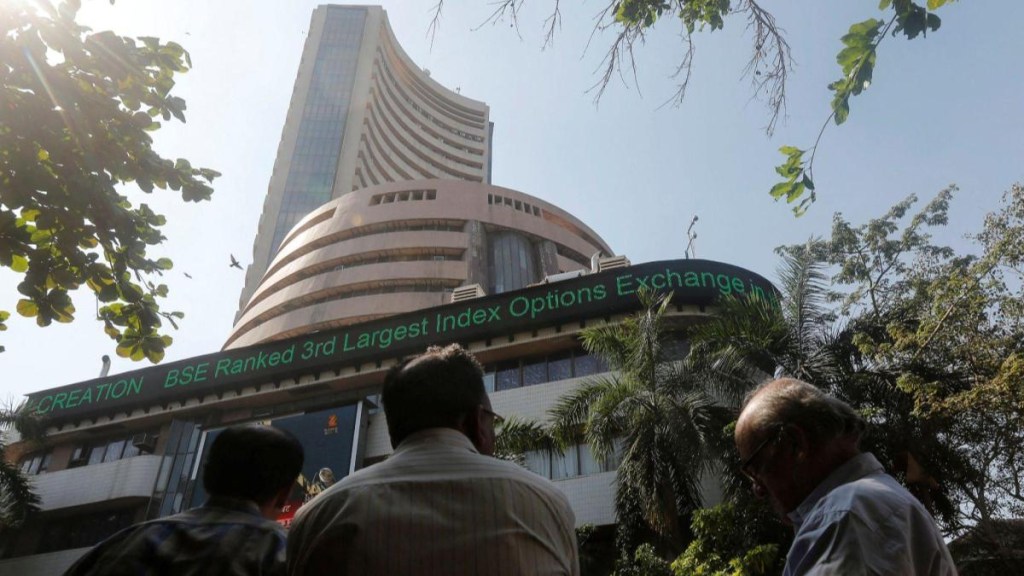The volatility in the stock markets has prompted top ministers of the ruling government to try and calm investors by reassuring them that the Bharatiya Janata Party (BJP) will return with a strong majority. This was in response to apprehensions in some circles that the BJP may win the ongoing general elections by only a slim margin because of the relatively subdued voter turnouts. That may have prompted some investors to take a little risk off the table in the belief that a not-so-comfortable majority might slow down the speed of reforms, which in turn could impact the economy’s growth trajectory. Attempting to dispel their fears, Union home minister Amit Shah advised investors to “buy before June 4” when the results will be declared, saying stock prices would shoot up after a dominant victory for the BJP. External affairs minister S Jaishankar expressed confidence the markets would stabilise after the election results are announced. Finance minister Nirmala Sitharaman has promised more efficiency, stability, and predictability in the market after Prime Minister Narendra Modi returns for a third term, assuring investors of a “soft-touch” regulatory framework along with more governance and less government.
Whether foreign portfolio investors (FPI), who have offloaded stocks worth some $4 billion since April and $3.2 billion in May alone, do a U-turn remains to be seen. They also hold bearish positions in the derivatives markets. But it’s not just the uncertainty over the outcome of the elections that is seeing FPI fund flow out. The risk-reward ratio is less favourable now in India than in other markets where the returns look more promising. Many have taken their money to China; the MSCI China index has gone up 20% in the last three months and 12% in the last one month. The Hong Kong and Taiwan markets have also done well. Indeed, while India’s weight in the MSCI EM Index may have increased steadily, active global emerging market funds have remained underweight.
It is a fact that valuations are rich at a time when corporate earnings for the fourth quarter of FY24 have been a bit of a mixed bag. Revenues for the universe of companies (excluding banks and financials), which have announced numbers for the March quarter, have grown only at about 7-8%. The growth in the bottom line has been muted. As such the upgrades to earnings have been few with many more downgrades. The Nifty 50 is now trading at around 21 times one-year forward earnings, and a fairly big premium to the MSCI EM, leaving only a small cushion for any disappointments.
While the macro-environment looks good going by headline numbers, there are some pressure points. For one, it is now clear interest rates are going to remain higher for longer. Again, while there is optimism on rural recovery, spending is understood to have contracted. In fact private consumption expenditure data reveals slow growth in the past several quarters. Again, the global slowdown could hurt the country’s exports. But there are enough businesses that are faring well and the outlook for many companies is promising. Domestic savings are being channelled into equities as is evident from the huge collections in SIP (systematic investment plans), which now average some `16,000 crore a month. Should the BJP not fare as well as expected, the markets might pare some of its gains. But the long-term prospects for Indian stocks look good.

